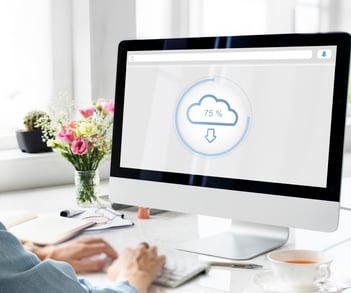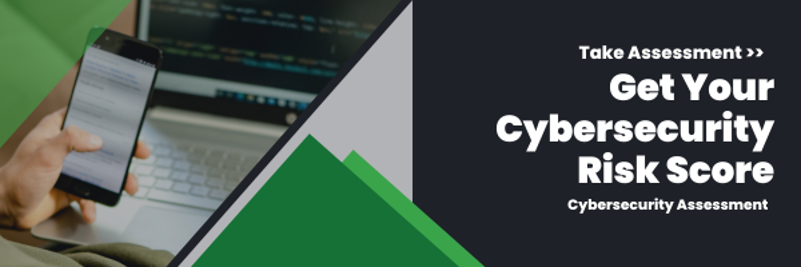The holiday season is upon us, and many people view the holidays as a time for joy, festivities and a well-deserved break from work.
However, it can also be a challenging time for businesses, especially small-to-medium-size ones (SMBs), to maintain operations while navigating potential risks associated with increased online activities during this time. Cyber criminals thrive during the holiday season and exploit the chaos of businesses being closed, short-staffed or overrun with end-of-year tasks.
These increased risks are why your company should implement these IT best practices to ensure a secure and stress-free holiday season. Doing as many of these as possible before work gets overwhelming means you can ensure your systems and data remain secure, resilient and ready for the challenges of the new year.
Read: The 9 IT Best Practices for Small-to-Medium-Sized Businesses
Data Backup and Recovery
Before the holidays kick in, prioritize a comprehensive backup of all your critical data. Systems can crash from a rush of online buyers, or hackers might try and ransomware your data. You don’t want to start the New Year with your sensitive data gone.
Ensure your backup systems function correctly and that you have a tried-and-tested recovery plan that allows you to easily access your data in case of an emergency so you can get operations back up quickly. Consider the 3-2-1 rule (three sets of data stored on two different media and one off-site) and air gapping practices. This precautionary measure can safeguard against potential data loss.
Train Employees
With employees taking time off or working remotely, this is another important step companies should take to reinforce security awareness. Remind staff about the risks associated with cyber threats like phishing emails, and provide resources and training sessions to keep security at the forefront of everyone’s minds. Phishing simulations can help staff practice their skills at identifying malicious links and attachments without a real threat.
Remind employees to think before they click. They should verify the email source before opening an attachment or clicking on a link. Set clear precedents on what employees should do and who to notify if a breach does occur over the holidays. The more informed staff are about common cyber threats, the more prepared they are.
Remote Security
Some businesses choose to work through the holidays while others shut down completely, and many employees may choose to work remotely to maximize their time with friends and family. To keep systems safe, limit access by restricting remote desktop protocols (RDPs) and implementing multi-factor authentication to protect sensitive information from unauthorized users. You can also set up a remote-access virtual private network (VPN) so employees aren’t accessing vital data and resources on public Wi-Fi, which can be a huge safety hazard.
If employees work from home, ensure they use separate devices for work-related activity; don’t mix professional and personal activity. All devices accessing company networks should be equipped with antivirus and antimalware software.
Software Updates and Patch Management
Speaking of antivirus and antimalware software, cyber criminals often exploit vulnerabilities in outdated software. Update and patch all systems, servers, workstations, applications and software before the holiday season to minimize the risk of security breaches. Regularly scan systems for vulnerabilities to see what needs updating before hackers discover them.
Incident Response Plan
Prepare for the unexpected by reviewing and updating your incident response plan. Make sure your IT team is well-versed in the procedures to follow in case of a security incident and review specific responsibilities for your staff. This proactive approach can significantly reduce the impact of any cyber threat that may occur.
Monitor Network Traffic
During the holidays, traffic may spike due to increased online shopping and remote work. Keep a close eye on network activity to identify and respond to any abnormal behavior, which could be a sign of a Distributed Denial-of-Service (DDoS) attack. Implement intrusion detection systems and regularly review logs to detect and mitigate potential threats.
Open Communication and Support
Maintain open lines of communication with staff and provide clear guidelines on how they should report any IT issues during the holiday season. Set up a support system to address concerns promptly, as this ensures technical problems are resolved swiftly, minimizing disruptions to business operations.
Holiday Maintenance System
Before work gets hectic, plan IT maintenance activities strategically, taking into account the reduced staff availability during the holiday season. Share the maintenance schedule with relevant stakeholders and department heads to manage expectations and minimize potential disruptions.
Thriveon Can Help You Stay Secure During the Holidays
If these best practices seem overwhelming or like a lot of work before the end of the year, we understand, and we have your back. Thriveon offers managed IT and cybersecurity services to protect your company from cyber criminals during the holiday season and beyond.
Schedule a meeting with us today to see how we can keep you safe.

